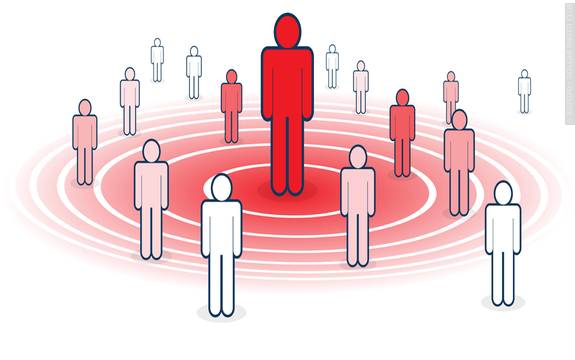What causes us to obey to authority figures such as police, teachers and politicians and why do people conform to social norms? A number of psychologists have tries to explain obedience and social influence, and in this section of Psychologist World we look at studies, theories and explanations of the influences we succumb to in every day life.
The events of World War II and the Holocaust, in which millions were sacrificed by soldiers' willingness to obey to authority figues in Nazi Germany raise questions as to why people are willing to bypass their own values and morals in favour of another person's.
1. Role-playing
The first form of influence in our lives comes from the roles we see ourselves as fulfilling, explaining why some groups of society behave in a similar way en mass. For example, a student in school will usually treat their teacher with more respect than, say, another child. When they leave school, they will act differently towards different people depending on their role in a situation. Psychologist Zimbardo looked at the influence of role-playing in his controversial 'prison study'.




























